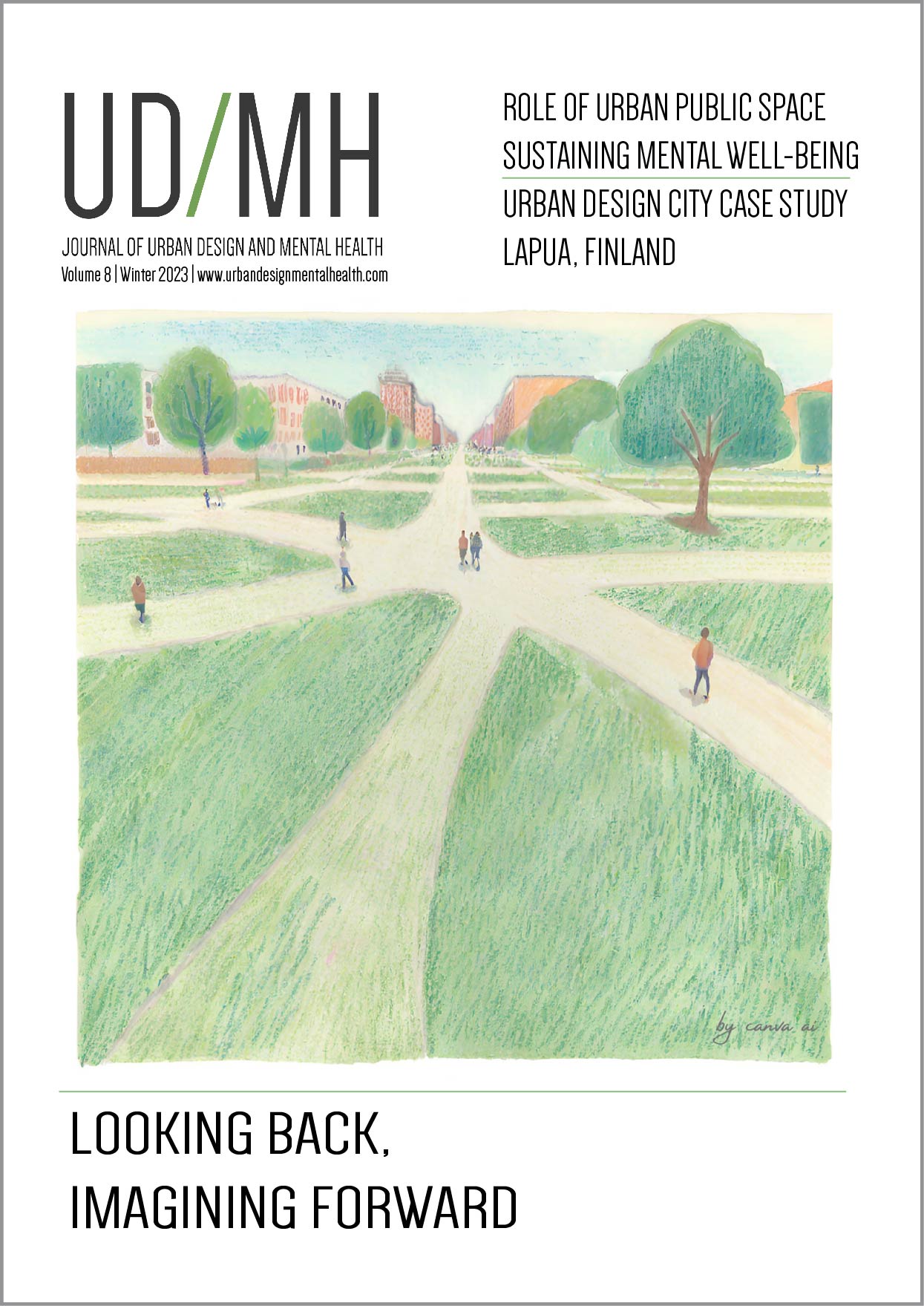Quality of Life and Self-Reported Common Mental Disorders: An Analysis of Patterns and Relationship in Ibadan Metropolis, Nigeria
Main Article Content
Abstract
Quality of life (QoL) is a major measure of health and wellbeing. Studies that have examined the quality of life of urban residents from a geographical view in developing countries are still emerging. This present study examines the relationship between urban residents’ quality of life and its relationship with self-reported common mental disorders. The cross-sectional survey approach which entails data collection from 1200 respondents in Ibadan city, Nigeria. WHO-5 and SRQ-20 were adapted to obtain information on quality of life and self-reported common mental disorders respectively. Descriptive and inferential statistics were employed to establish associations and analysis were carried out at 0.05 significance- level. The spatial pattern of quality of life was found to be random although there are pockets of poor quality of life. Quality of life was found to be negatively related to self-reported common mental disorders (R = -0.396). The urban ecological conditions of the study area indicate poor quality of life and this may be responsible for the increasing risk of common mental disorder in the city. The study concludes that common mental disorders exist in the urban settings and its occurrence is closely related to poor quality of life.
Article Details

This work is licensed under a Creative Commons Attribution 4.0 International License.
Authors retain copyright and publishing rights without restrictions and grant the journal right of first publication under a Creative Commons Attribution (CC-BY) License.
